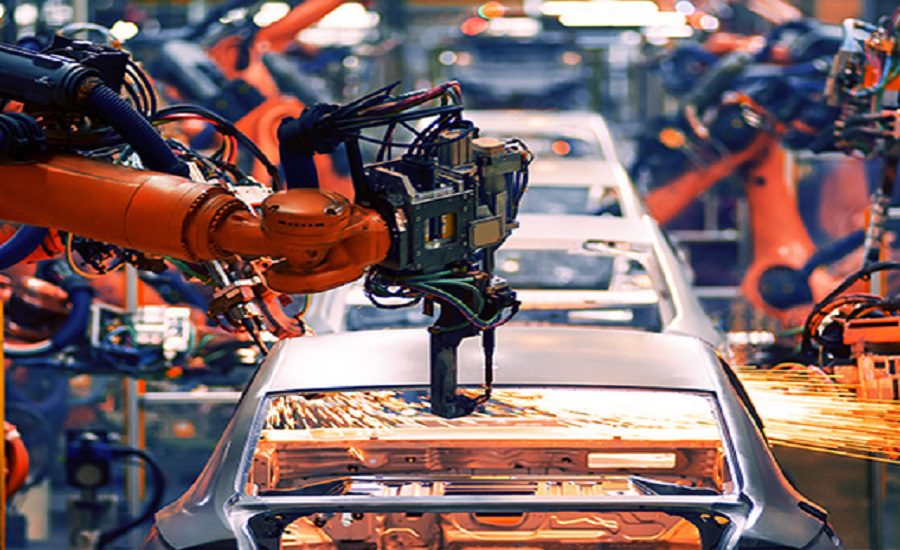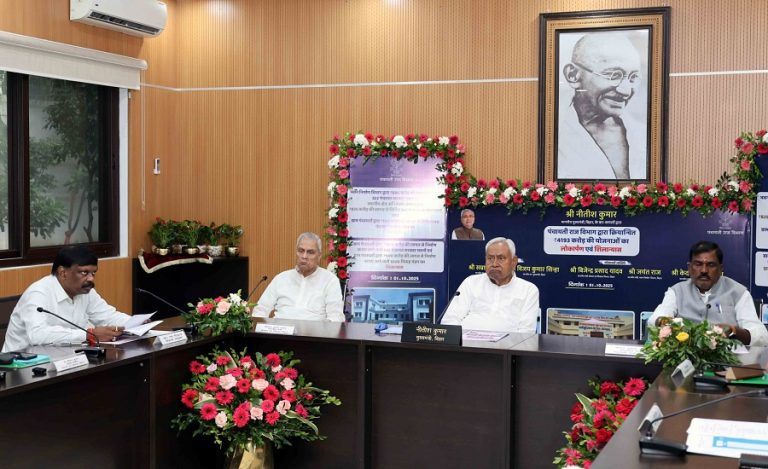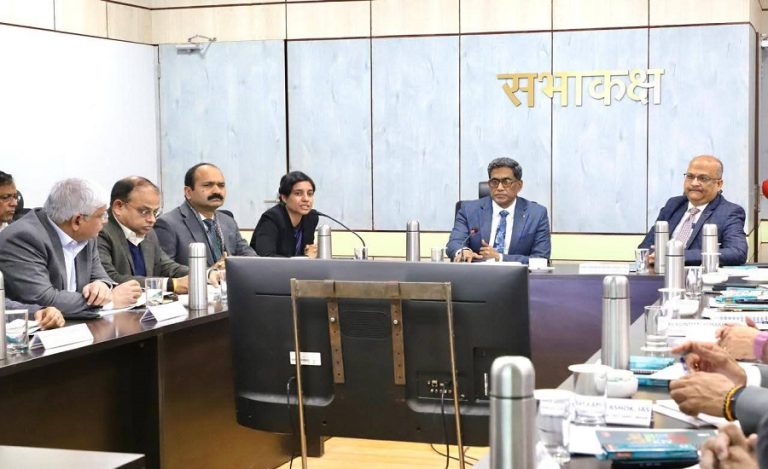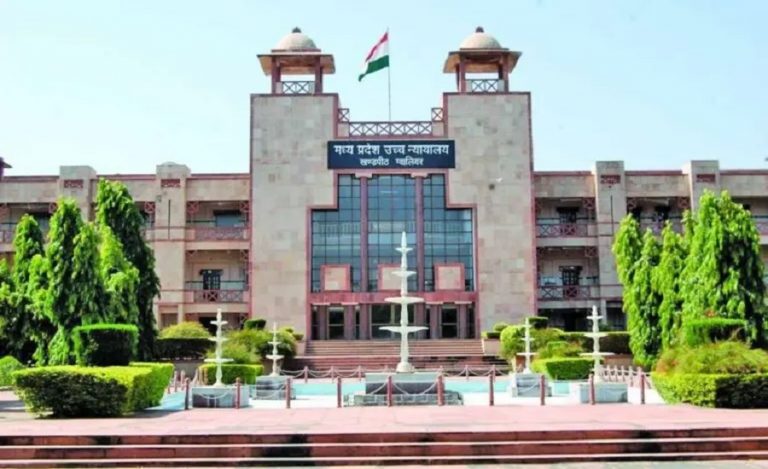New Delhi: In a significant development for India’s auto industry, the Bureau of Energy Efficiency (BEE) has released a revised draft of the Corporate Average Fuel Efficiency (CAFE) Phase 3 norms, proposing stricter CO₂ emission standards starting April 2027.
Under the new draft, annual emission limits will be tightened progressively, pushing automakers to adopt cleaner technologies and expand their lineup of electric and hybrid vehicles.
Year-Wise CO₂ Emission Limits Under New Proposal
The revised CAFE 3 norms propose a gradual reduction in average CO₂ emissions per vehicle sold, starting from 88.4 grams/km in 2027 to 71.5 grams/km by 2031 –
- 2027: 88.4 g/km
- 2028: 84.7 g/km
- 2029: 81.9 g/km
- 2030: 76.4 g/km
- 2031: 71.5 g/km
This is stricter than the previous draft, which had proposed a flat limit of 91.7 g/km.
Relief for Sub-4 Meter Petrol Cars
While the standards have been tightened overall, the draft includes special concessions for small petrol vehicles. Cars that meet the following criteria will be granted a 3-gram CO₂ benefit in emission calculations:
- Engine capacity: Up to 1200 cc
- Vehicle length: Less than 4 meters
- Vehicle weight: Up to 909 kg
This relief benefits manufacturers such as Maruti Suzuki, Tata Motors, and Hyundai, which have a significant share of compact car models like Swift, WagonR, Tiago, and Grand i10.
EVs, Hybrids, and Flex-Fuel Cars to Get Incentive Credits
To accelerate adoption of cleaner mobility solutions, the draft introduces a credit multiplier system for electric, hybrid, and flex-fuel vehicles.
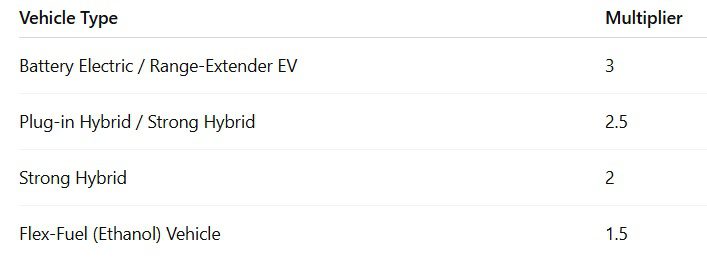
These multipliers will allow manufacturers to offset the emissions of higher-emitting vehicles by promoting cleaner alternatives, making it easier to meet corporate average limits.
Compliance Pooling Allowed for OEMs
The draft permits up to three vehicle manufacturers to form a compliance pool, with combined sales and emissions calculated as a group. However, if standards are breached, the pool manager will be held accountable.
Why Are CAFE Norms Important?
CAFE norms aim to reduce fossil fuel dependence and CO₂ emissions by requiring that a manufacturer’s entire fleet meets a certain average fuel efficiency. Companies can no longer rely solely on a few fuel-efficient models but must ensure that their overall portfolio is clean and efficient.
Background: How CAFE Began in India
Introduced: 2017 under the Energy Conservation Act, 2001
Phase 1 (2017-18) –
- Average vehicle weight: 1037 kg
- Fuel efficiency: 5.49 L/100 km (~18 km/l)
Phase 2 (2022-23) –
- Weight: 1082 kg
- Fuel efficiency: 4.78 L/100 km (~20 km/l)
- CO₂ limit: 113 g/km
With CAFE 3, India is moving closer to global emission standards, while also incentivizing clean energy and technology adoption in the auto sector.
What This Means for Automakers
Car manufacturers will now need to –
- Increase production of EVs and hybrids
- Invest in lightweight, fuel-efficient technologies
- Balance high-emission models with cleaner vehicles
- Form strategic compliance alliances, if needed
Those who adapt quickly will gain a competitive edge, while non-compliant firms could face penalties and regulatory challenges.

